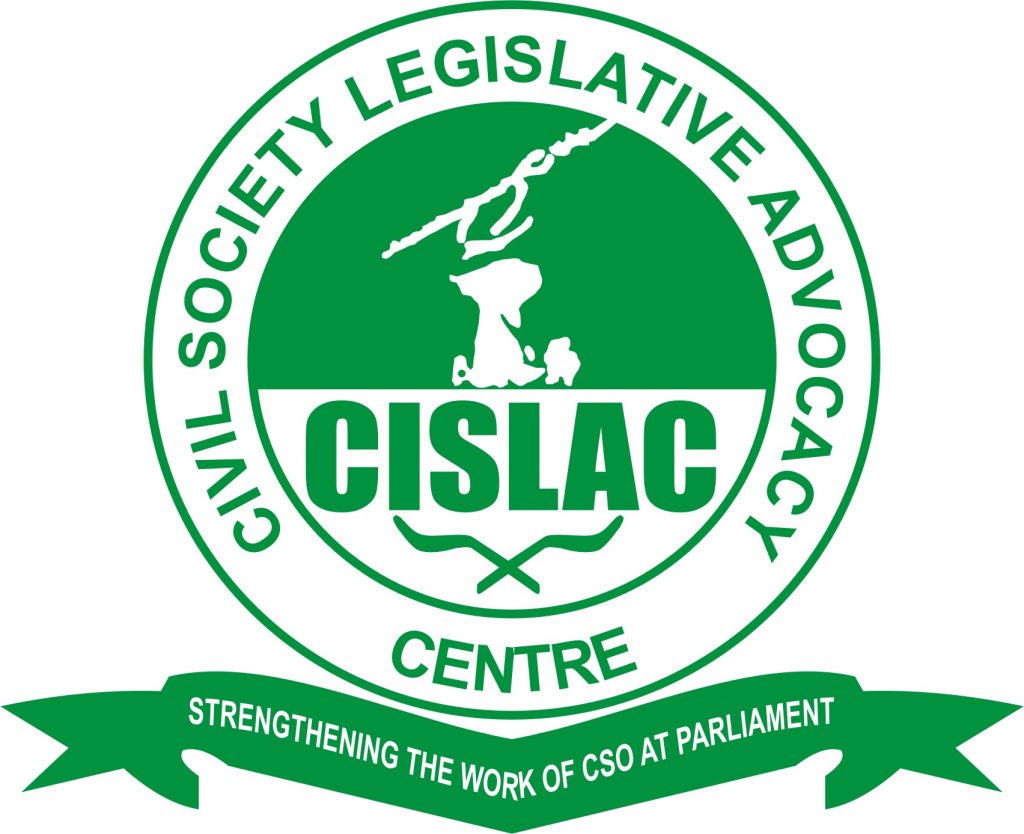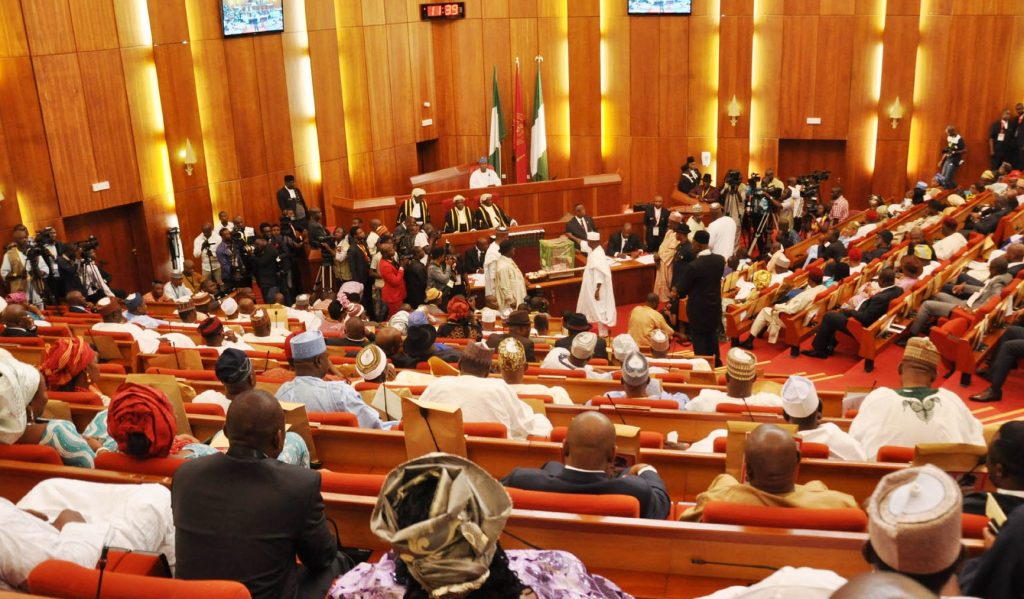The Civil Society Legislative Advocacy Centre (CISLAC) and its local and international partners said they have found that unpublished defence budgets are still frequently abused by corrupt officials seeking to benefit from the conflicts with Boko Haram and oil theft in the southern region.
At the public launch of the integrity action plan, CISLAC identified the development of a defence sector anti-corruption strategy, extension of public access to defence and security information, regulation of secretive security votes, protection of whistleblowers were among recommendation needed were needed reform in the defence sector.
Failed military tactics?
CISLAC also said an estimated 15 billion dollars and still counting has been unaccounted for from the defence sector between the year 2000-2015 adding that billions of naira are spent without clear rationale and any external oversight.
President Buhari has made significant moves to take on the ‘secretive and powerful’ defence sector but the CSO’s believe the pace of reform in the Ministry of Defence is slow.

Progress made so far?
CISLAC commended the military for the disciplinary actions taken against officers undermining the efforts of ongoing reforms but maintained that the quest to modernise the Nigerian Armed Forces has gone beyond a mere declaration of policy intent by the Nigerian government. CISLAC said Processes for defence transformation have entailed the establishment of relevant committees to generate blueprints for actualising the initiative.
It would be recalled that in September 2019, Major General Hakeem Otiki allegedly diverted over 600million naira in cash. CSO’s believe it demonstrates professionalism.
While the military is currently involved in various operations in over 31 states across the country while millions have been displaced and the executive director of CISLAC, Auwal Musa Rafsanjani has held that huge funding for the security sector has not yielded into meaningful results adding that many military officials are taking undue advantage of the insurgency and militancy to enrich their pockets.
“More spending does not mean more security. The defence sector is a juicy target for corrupt military leaders seeking to pad their pockets. Without increasing transparency and oversight of our most secret sector, we will not succeed in keeping Nigeria’s wealth in Nigeria. Corruption in the defence sector has only expanded.”

Challenges ahead
CISLAC has identified the wrong deployment of personnel to the Ministry of Defence, dichotomy between defence ministery and the Defence Headquarters, lack of transparency in procurement and project implementation, personnel recruitment, posting, welfare and kits, as hindrances limiting the required transformation in the defence sector.
The CSO’s maintained that the reforms of the Defence sector are long overdue and painfully needed in the context of mounting security challenges saying the non-transparent counter-terrorism spending will jeopardize Nigeria’s anti-corruption drive and derail the fight against Islamic State of West Africa Province (ISWAP).
Spending Or Embezzlement loophole?
CISLAC and its international partners also pointed out that security votes are corruption-prone schemes, which have done little good other than being diverted.
Between 2015 and 2019, capital expenditures share in the defense budget increased from 9.8% in 2015 to 26.6% in 2019, and is expected to average 27.3% by 2024.
Allocations towards the Navy are expected to decrease from 18.8% during the historical period to 17.8% over the forecast period despite a sharp increase of piracy in the Gulf of Guinea. Allocations towards the army are expected to marginally increase from an average of 37.1% during the historical period to 37.6% over the forecast period which suggests a spiral increase.
The National Assembly has also been told by the non-governmental organization that it must strengthen its oversight on defence budget and monitor spending.
According to CISLAC, an estimated $15bn and still counting has been unaccounted for from the defence sector between 2000-2015 and billions of naira are spent without a clear rationale and any external oversight.

The way forward
The Civil society group also want the President to as a matter of urgency, brief the National Assembly and the country on the extent of spending on the $1billion authorized by the Nigerian Governors Forum withdrawn from the Excess Crude Account (ECA) in 2017 for their purchase of intelligence and platforms to fight Boko Haram they believe it will demonstrate accountability and further show commitment to his anti-corruption fight.
They note that ‘ Special court for corruption cases be given speedy passage by the National Assembly in the spirit of the anti-corruption drive of the Buhari regime, given the way and manner this drive has gone to fumigate the public finance sector of governance” CSOs believe that the Buhari’s government should institutionalize the fight against corruption so that it will survive his regime when he finishes his current and final term in 2023’’
CISLAC and partners said ‘will continue to relentlessly push for greater accountability and integrity of the defence architecture in Nigeria. They said “We are determined to advocate for accountable defence spending, providing of declassified information to the public, increased integrity of defence personnel and civilian oversight of the defence sector in line with international good practice”
It is glaring according to civil society, Nigeria’s national security requires multi-stakeholders’ engagement in line with principles of democratic and participatory governance, which Nigeria has proudly embraced.
